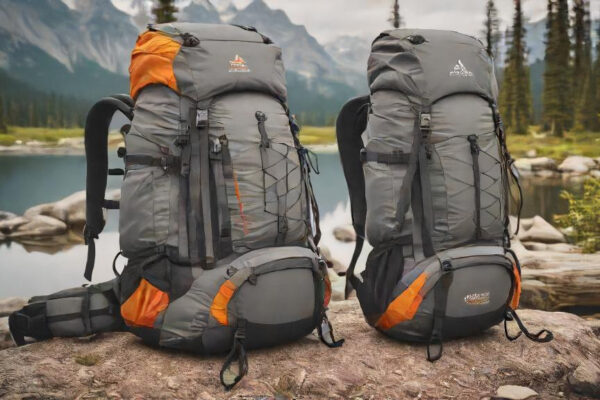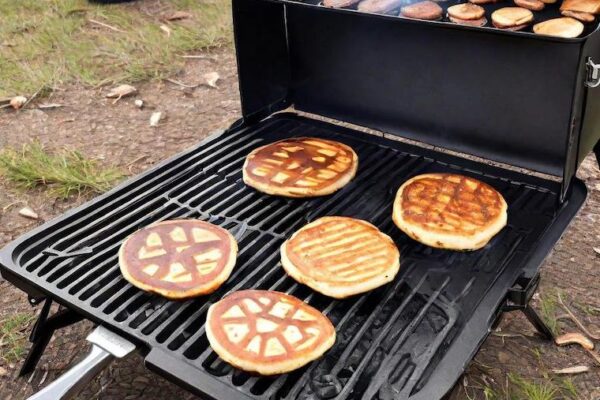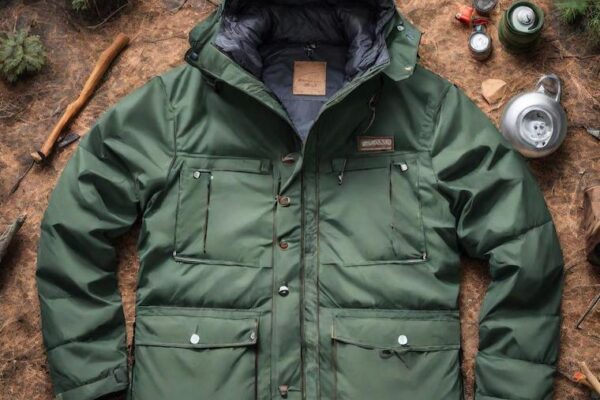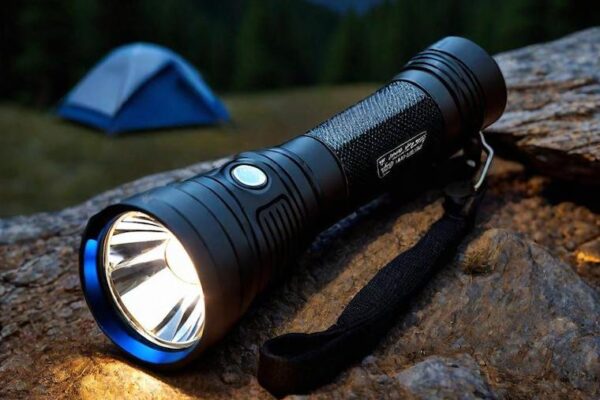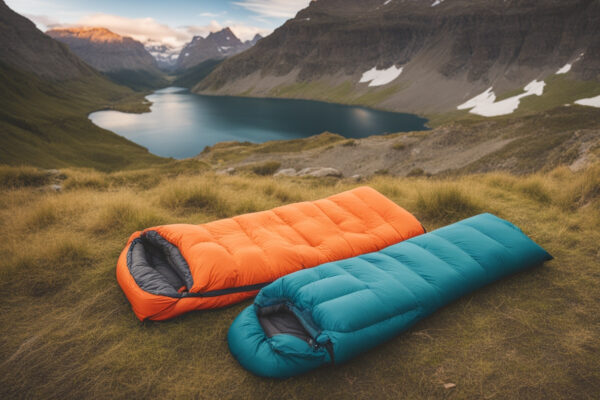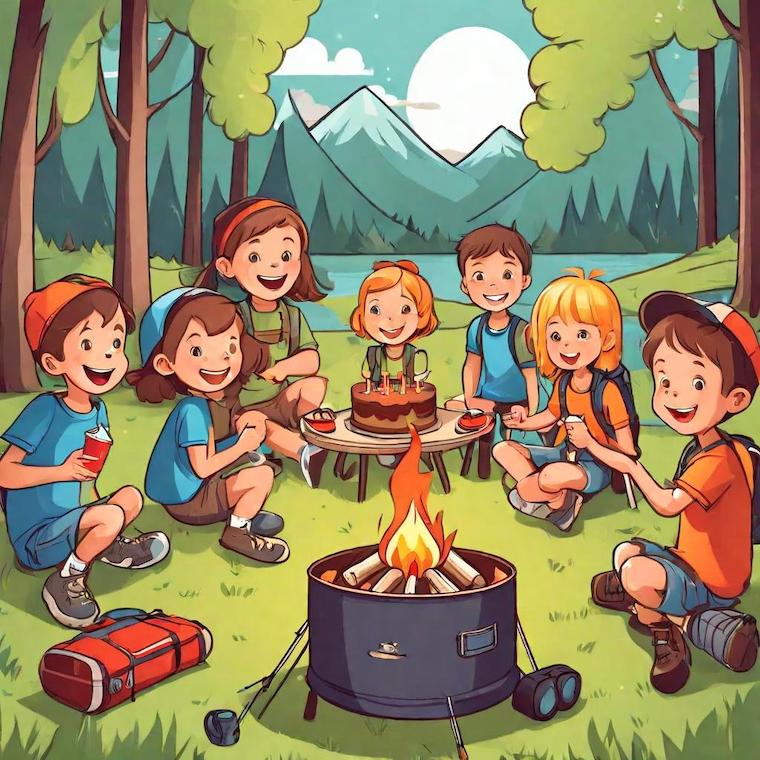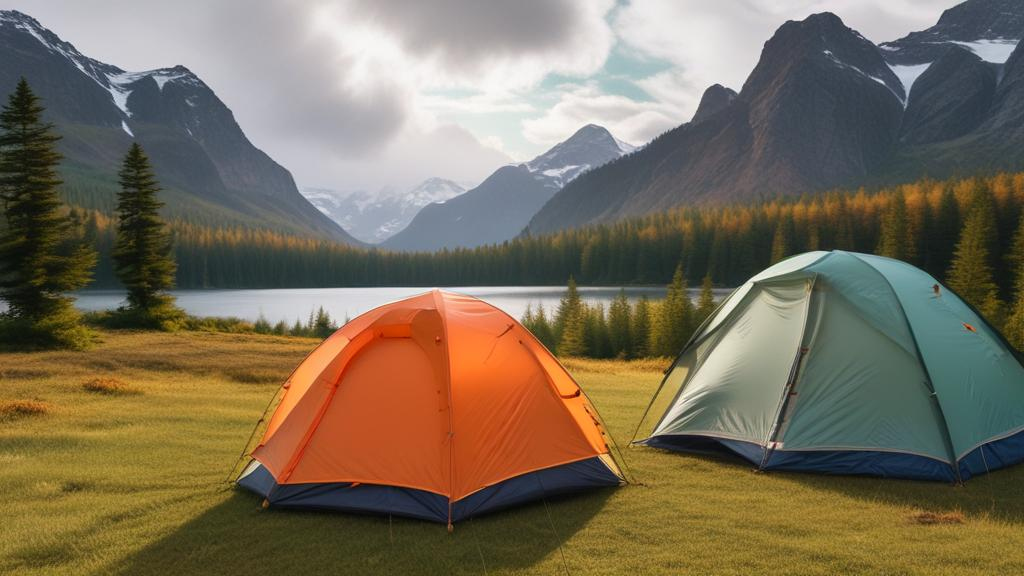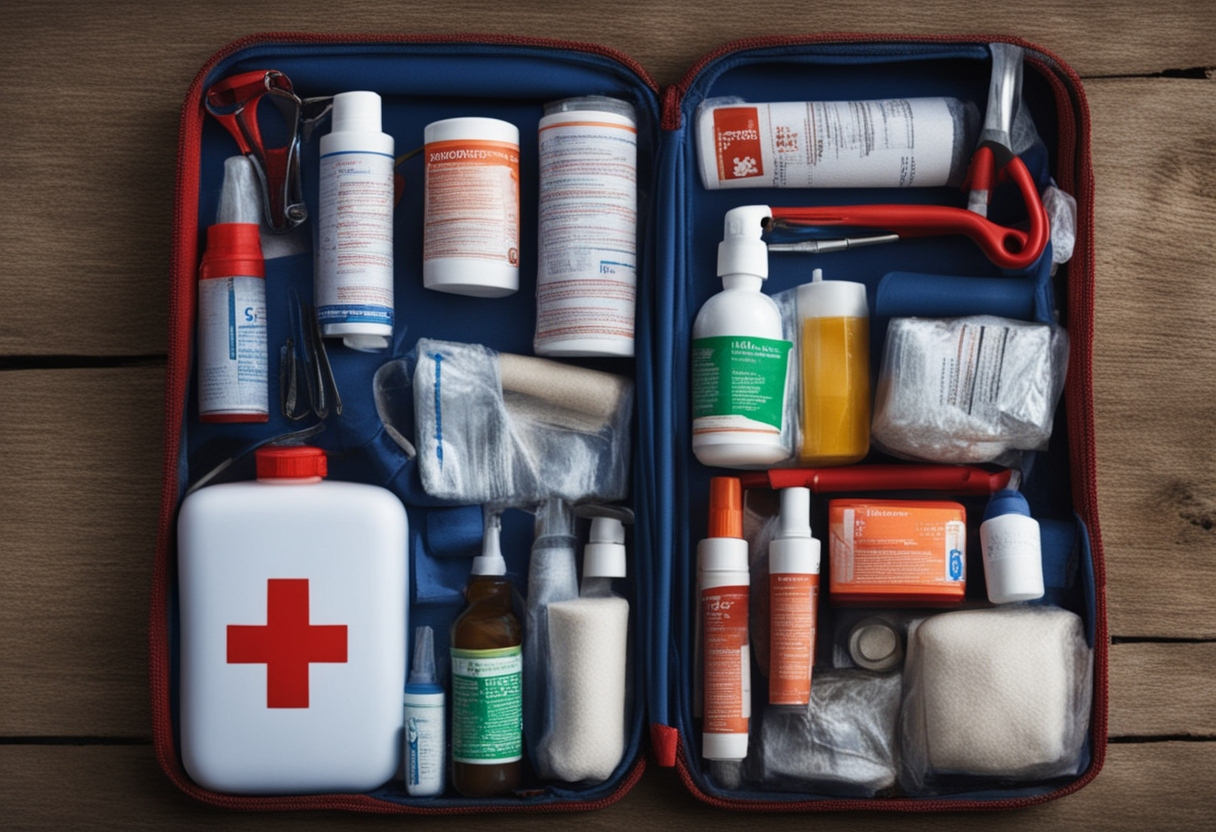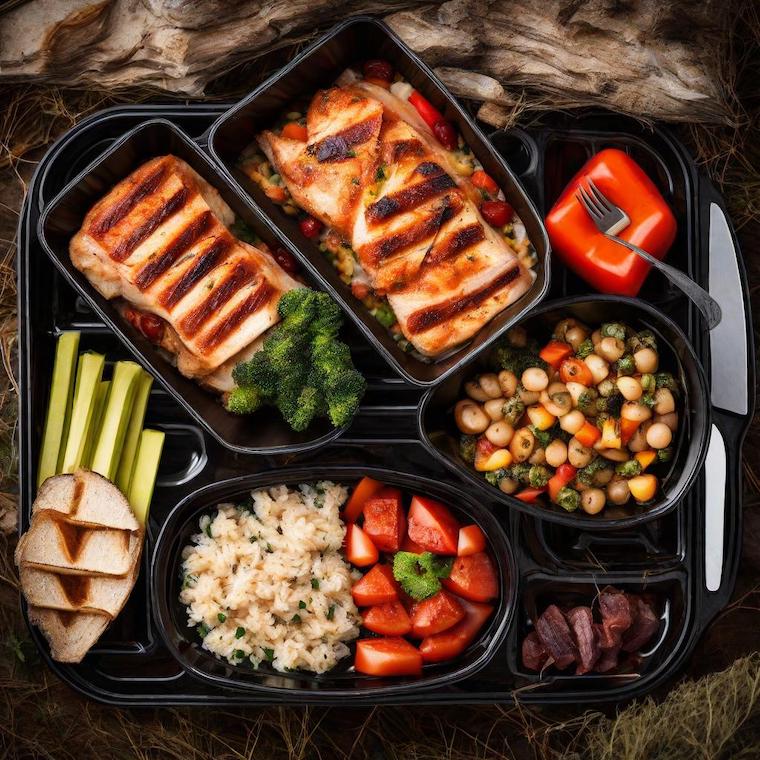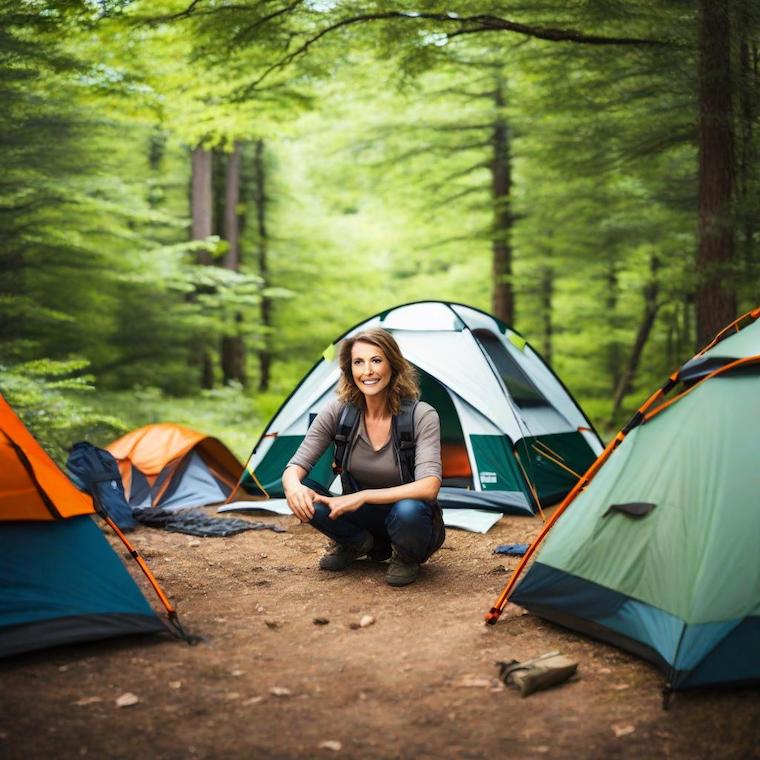
Top 10 Camping Safety Tips
Camping is a wonderful way to connect with nature, unwind from the hustle and bustle of daily life, and create lasting memories with family and friends. However, it’s important to remember that camping, especially in remote or unfamiliar locations, comes with its own set of challenges and risks. By following some simple camping safety tips, you can ensure that your outdoor adventure is not only enjoyable but also safe.
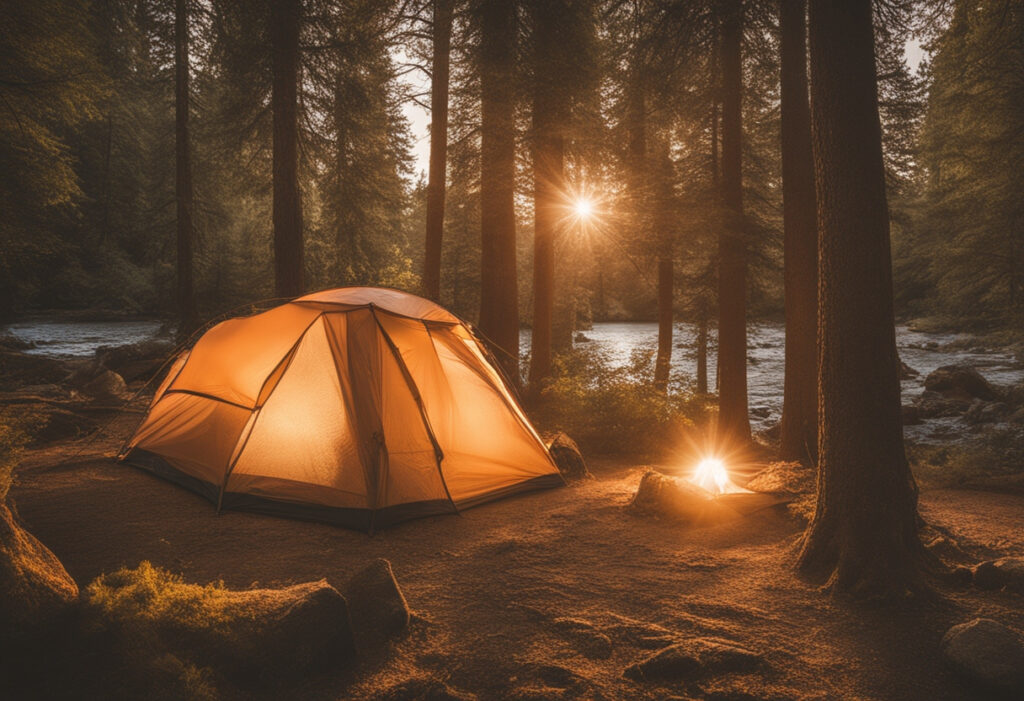
Top10 Camping Safety Tips
- Plan Ahead: Before you set out on your camping trip, take the time to research the area you’ll be visiting. Be aware of any potential hazards, such as wildlife, rough terrain, or extreme weather conditions. Plan your route and make sure someone knows your itinerary and when you expect to return.
- Pack Appropriately: Pack essential items such as a first aid kit, plenty of water, food, and clothing suitable for the weather conditions. Also, make sure to bring a map, compass, or GPS device, and a flashlight or headlamp with extra batteries.
- Choose a Safe Campsite: When selecting a campsite, choose a location that is flat, away from cliffs or unstable terrain, and not in a flood-prone area. Look for signs of wildlife activity and avoid setting up camp near animal trails or food sources.
- Set Up Camp Safely: When setting up your tent, make sure it is secure and stable. Use tent stakes and guy lines to anchor it down, especially in windy conditions. Keep your campsite tidy to avoid tripping hazards and to deter wildlife.
- Campfire Safety: If you build a campfire, do so in a designated fire ring or pit, if available. Keep the fire small and under control, and never leave it unattended. When you’re ready to extinguish the fire, pour water over the embers and stir them until they are cool to the touch.
- Food Safety: Store food in airtight containers or a bear-proof food locker to prevent attracting wildlife. Cook food thoroughly and wash your hands and utensils before eating to prevent foodborne illnesses.
- Stay Hydrated: Drink plenty of water, especially in hot weather, to prevent dehydration. Avoid drinking untreated water from streams or lakes, as it may contain harmful bacteria or parasites. Bring a water filter or purification tablets if you need to drink from natural water sources.
- Be Aware of Wildlife: Respect wildlife and observe from a safe distance. Store food and garbage securely to avoid attracting animals to your campsite. If you encounter a wild animal, remain calm, back away slowly, and do not run.
- Stay Safe on the Trails: If you plan to hike or explore the area, stay on marked trails and be aware of your surroundings. Carry a whistle or signaling device in case you get lost, and know how to use it.
- Weather Awareness: Keep an eye on the weather forecast and be prepared for changes in weather conditions. Dress in layers and bring rain gear if rain is expected. Seek shelter in a sturdy building or vehicle in case of severe weather.
- Emergency Preparedness: In case of an emergency, know how to call for help. Carry a charged cell phone or a satellite phone if you are in a remote area. Consider bringing a personal locator beacon (PLB) or satellite messenger for additional safety.
By following these camping safety tips, you can ensure a safe and enjoyable outdoor adventure. Remember to always be prepared, stay alert, and respect the natural environment. With proper planning and precautions, camping can be a rewarding and memorable experience for everyone involved.

